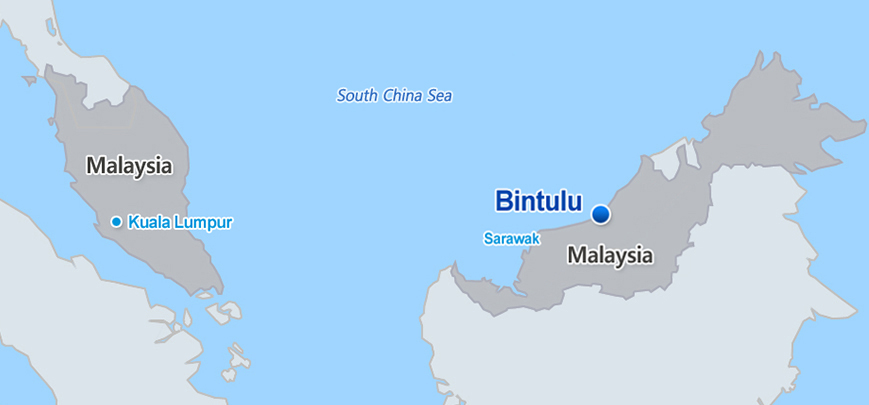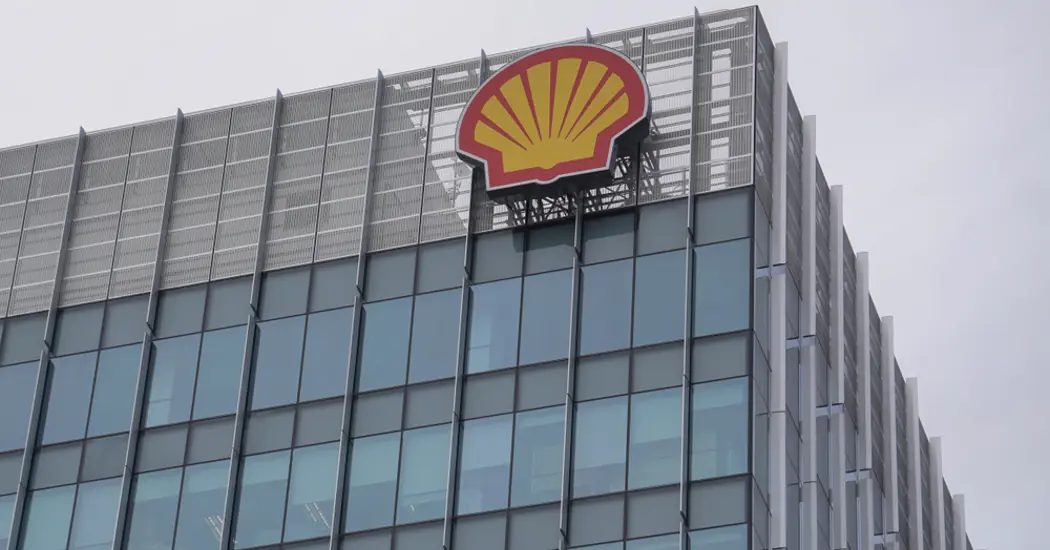Shell announces first gas achieved at Jerun gas field in Malaysia
SapuraOMV Upstream Sdn. Bhd., the operator of the Jerun field in Malaysia, announced that first gas has been achieved. Shell plc has a 30% equity stake in the field, through its Malaysian subsidiary, Sarawak Shell Berhad, and made a final investment decision on the development in 2021.
The field is located around 160 kilometres (km) north-west of Bintulu in Sarawak, and 190 km north-west of Miri, Sarawak, Malaysia. Comprising an integrated central processing platform, Jerun will export gas through a new 80-km pipeline into the E11RB production hub, for onward delivery to Bintulu based customers including Malaysia LNG. The Jerun platform is designed to produce up to 550 million cubic feet of gas per day, with condensate production of 15,000 barrels per day during peak production.
“Jerun was a highly attractive investment for Shell, building on our interests in this important region off the coast of Sarawak, offshore Malaysia, where Shell operates the Timi platform and has the Rosmari-Marjoram project under construction,” said Zoë Yujnovich, Shell’s Integrated Gas and Upstream Director. “Gas is an important fuel for Malaysia and the world, providing a secure form of energy for heating, cooling and power generation. We are delighted the venture has reached this milestone.”
Shell is proud of its long and successful history in Malaysia. Under the stewardship of Malaysia Petroleum Management, PETRONAS, Shell remains committed to supporting the country’s economic progress and energy transition efforts with competitive and resilient investments.
Jerun is operated by SapuraOMV Upstream (40%) in partnership with Sarawak Shell Berhad (30%) and PETRONAS Carigali Sdn Bhd (30%).

The Jerun gas field was discovered in 2015, under the SK408 production sharing contract.
On Shell’s Capital Market Day in 2023, Shell committed to deliver upstream and integrated gas projects coming on stream between 2023 to 2025, with a total peak production of greater than 500,000 barrels of oil equivalent (BOE) per day. Jerun is expected to contribute to this commitment.
Global demand for LNG is estimated to rise by more than 50% by 2040, as industrial coal-to-gas switching gathers pace in China, South Asian and South-east Asian countries. These countries are expected to use more LNG to support their economic growth, according to Shell’s LNG Outlook 2024.
Shell believes LNG will play a critical role in the energy transition, replacing coal in heavy industry. It also has a continued role in displacing coal in power generation, helping to reduce local air pollution and carbon emissions. LNG helps to provide the flexibility the power system needs, at a time when renewable generation is growing rapidly.
KEEPING THE ENERGY INDUSTRY CONNECTED
Subscribe to our newsletter and get the best of Energy Connects directly to your inbox each week.
By subscribing, you agree to the processing of your personal data by dmg events as described in the Privacy Policy.
More gas & LNG news

Oman Will Seek Talks With BP, Shell to Secure Latest LNG Project

GE Vernova Sees ‘Humble’ Wind Orders as Data Centers Favor Gas

China’s Oil Demand May Peak Early on Rapid Transport Shift

Qatar Minister Calls Out EU for ESG Overreach, Compliance Costs

Chevron Slows Permian Growth in Hurdle to Trump Oil Plan

After $2.5 Billion IPO Haul, Oman’s OQ Looks at More Share Sales

ADNOC signs 15-year agreement with PETRONAS for Ruwais LNG project

Woodside signs revised EPC deal with Bechtel for Louisiana LNG

Vitol, Glencore Eye New Fortress’ Jamaica LNG Assets
















